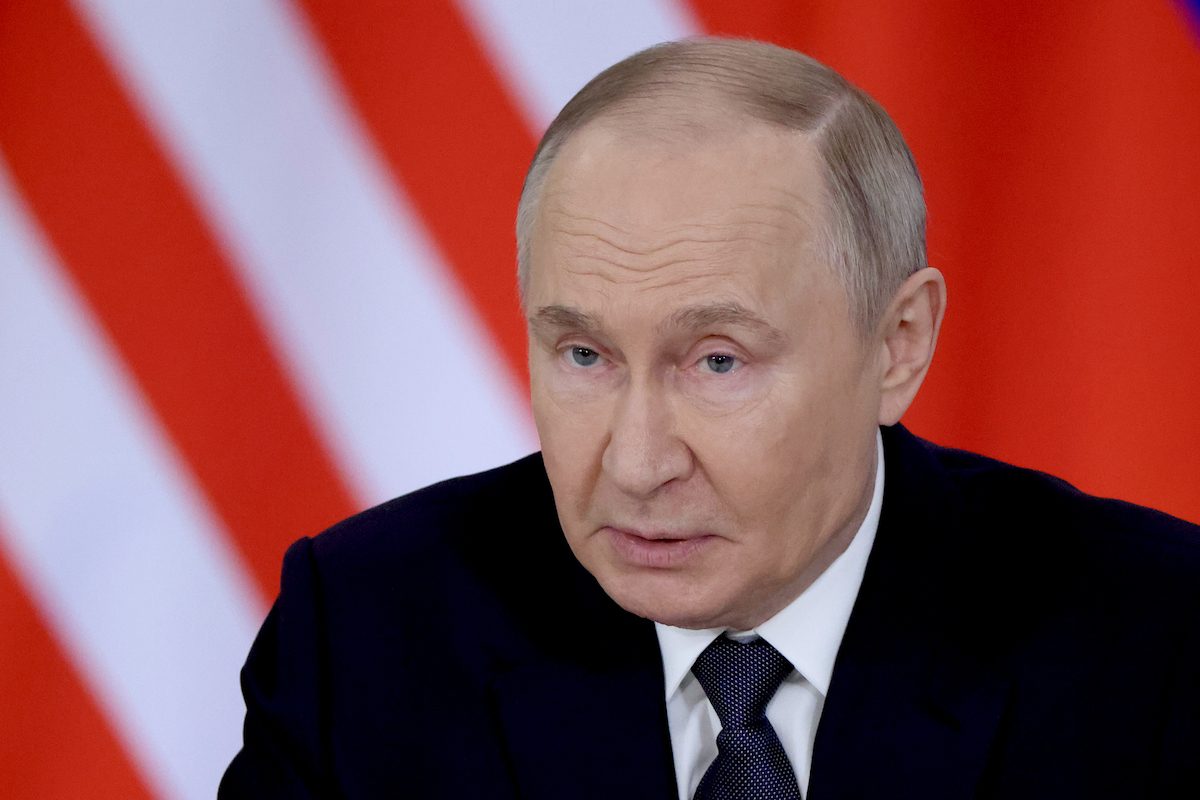“This will interest you,” said my husband, looking up from the smeared screen of his telephone. For once he was right.
It was a Twitter post about a memorable remark during the invasion of Ukraine. Snake Island is a small, bare outpost in the Black Sea near the Danube delta. When a Russian cruiser invited the Ukrainian soldiers stationed there to surrender, they replied, “Йди на хуй,” transliterated as “Idi na khuy.”
The point of the tweet was that their remark had been translated in a rather American way as “Go fuck yourself,” and a more idiomatic version in British English would be “Fuck off.” I agree, though it is not that simple.
I don’t know Russian or Ukrainian, but idi certainly means “go.” Na is a preposition meaning “for.” Khuy is the difficult word to translate. An all-purpose obscenity, it literally refers to the penis. For this, Shakespeare used the word cock, which the New English Dictionary (now the OED) recognized in 1891 as “the current name among the people.” But in that decade the word dick was catching on in America and now holds a leading place in the language of insult.
In English, the term to dismiss others is the F-word. In Ukrainian the position is complicated by a word transliterated as khuilo, related to khuy. In 2014 it became popular among soccer supporters in the chant “Putin khuilo.” The Washington Post discussed the phrase on June 16, 2014, embedding YouTube footage in its online version of rival fans of Shakhtar Donetsk and Dynamo Kyiv chanting it in April 2014. It is taken to mean “Putin dickhead,” but “Fuck Putin” would do as well.
So much for philology. Semantically, in expressing defiance, it has been likened to the peacetime reply by the British magazine Private Eye to a lawyer’s letter in 1971, the response pithily being: “Fuck off.”
This is in the spirit of the response of King Leonidas to a demand from Xerxes that the Spartans should hand over their weapons to the Persians: μολὼν λαβέ was the answer — “Come and get them.”
This article was originally published in The Spectator’s May 2022 World edition.

























